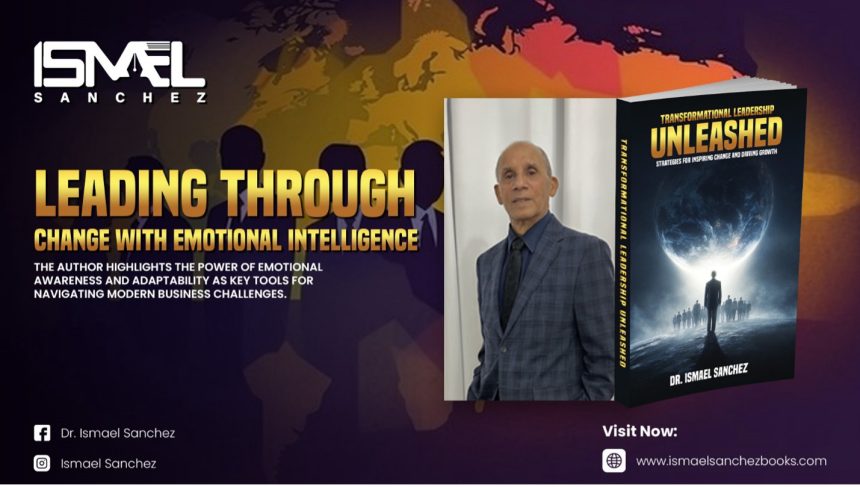Corporate America’s Evolving Relationship with Cryptocurrency
This morning, Deloitte unveiled findings from its Q2 2025 CFO Signals Spotlight, shedding light on how corporate finance leaders view the integration of cryptocurrency into their financial practices. The survey indicates a noteworthy trend: a mere 1% of CFOs surveyed do not foresee using cryptocurrency for business purposes in the long run.
Growing Interest in Crypto Adoption
Among the finance chiefs, 23% anticipate that their treasury teams will employ cryptocurrency for investments or payments within the next two years. This expectation is notably higher, nearly 40%, among leaders at companies generating revenues of $10 billion or more.
Primary Concerns About Cryptocurrency
- Price volatility concerns 43% of CFOs.
- Complexity regarding accounting and controls affects 42%.
- A lack of industry regulation is a worry for 40%.
“Crypto is a unique asset, and the accounting treatment for digital assets seems to be a work in progress,” stated Steve Gallucci, Deloitte’s global and U.S. leader for the CFO Program. He highlighted the SEC’s recent decision to rescind previous guidance on crypto accounting and the creation of a task force aimed at establishing new guidelines. Gallucci added, “Where that task force eventually lands is, at this point, uncertain.”
The Business Case for Stablecoins
Stablecoins, which are pegged to traditional currencies and backed by reserve assets, are gaining traction. The survey reveals that 45% of finance leaders cite improved customer privacy as their primary advantage for using stablecoins. Additionally, 15% expect their companies to accept stablecoin payments within the next two years; this figure rises to 24% for larger firms with revenues of at least $10 billion.
“It seems very likely that CFOs will need to have a solid grounding in digital assets, along with treasury and accounting capabilities, and an appropriate understanding of cryptocurrencies,” Gallucci remarked.
Legislative Developments Impacting Crypto
In March, President Trump signed an executive order establishing a strategic Bitcoin reserve and national digital asset stockpile. Following this, the U.S. Senate passed legislation aimed at regulating stablecoins in June.
Expanding Uses for Cryptocurrency
Beyond investment and payment functionalities, CFOs are optimistic about employing cryptocurrencies for other business purposes. The survey indicates:
- 52% of finance leaders envision using non-stable cryptocurrencies for supply chain tracking.
- Approximately 48% foresee a similar usage for stablecoins.
As over a third of CFOs engage in discussions about cryptocurrency with their boards, the path forward for organizations regarding this digital asset will be intriguing to follow.
Leadership Changes in Corporate Finance
In noteworthy corporate news:
- Eyal Bar has been appointed CFO of security startup Chainguard. With over 16 years of financial experience in tech, Bar previously held senior roles at Monday.com, Motorola Solutions, Ernst & Young, and Wix.com.
- Jeff Glajch, CFO of Orion S.A. (NYSE: OEC), will step down in the early fourth quarter of 2025. The company is embarking on a search for his successor.
Federal Reserve Holds Steady on Interest Rates
This Wednesday, the Federal Reserve announced it will maintain interest rates within the range of 4.25% to 4.5%. Although this marks a decrease from the peak rates over the past two years, it remains above the pre-COVID levels of 1.5% to 1.75%, as reported by Fortune’s Marco Quiroz-Gutierrez. The Fed last reduced rates in December 2024.
The decision was influenced by a robust labor market and low unemployment, yet it faced dissent from Fed governors Michelle Bowman and Christopher Waller, reflecting an unusual level of disagreement.
Understanding Long-Term Forecasts
A new report in Wharton’s business journal, titled What Shapes Analysts’ Long-term Forecasts?, explores the myriad factors influencing long-term firm valuations. Wharton’s Marius Guenzel notes that small changes in long-term growth expectations can significantly impact firm valuations, as these expectations account for over 70% of a firm’s discounted cash flows.
Quote of the Day
“We found this format to be overly transactional and lacking the warmth and human connection that defines our brand,” Brian Niccol, CEO of Starbucks, shared during the company’s earnings call, reflecting on the closure of a mobile-only “pickup” store aimed at Gen Z consumers.






